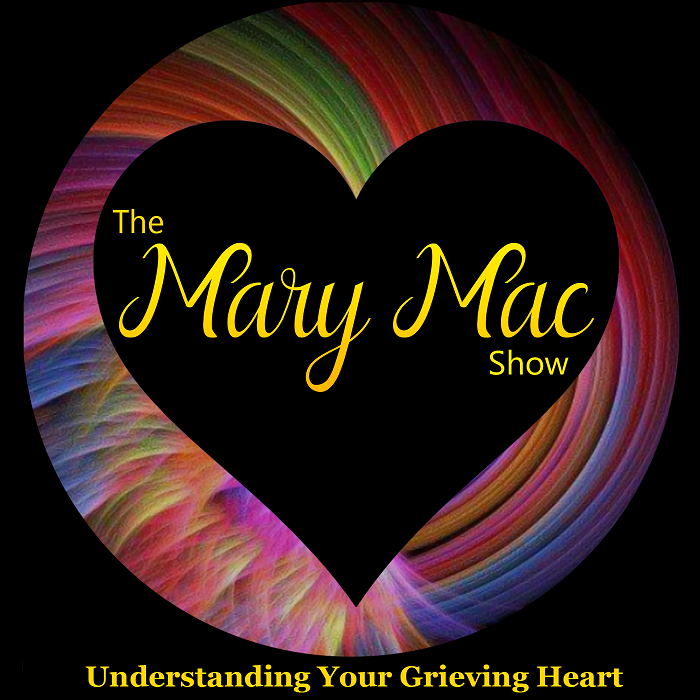American podcast host talks about India’s Uphaar tragedy


“Americans need to hear this miscarriage of justice, which we are also so accustomed to dealing with in the US,” says, Mary M. McCambridge, popularly known as Mary Mac about a 1997 tragedy that occurred in India’s capital.
On June 13, 1997, a fire broke out at Delhi’s Uphaar cinema in Green Park during a film show. As many as 59 people were trapped inside the hall and died due to suffocation while about hundred others were injured following a stampede.
The case has been often cited as an example of delayed justice and the tragedy families of victims go through after witnessing the primary event.
A recent Netflix series, titled ‘Trial by Fire,’ once again brought the case in spotlight and showed the turn of events of the tragedy from the eyes of a couple who lost their two children in the a

ccident.
READ: US grief coach Mary Mac offers podcasts to help Indians cope with the Covid crisis (April 27, 2021)
The show caught the attention of Mary Mac who hosts the Mary Mac Show heard in 60 countries around the world. It is considered among the top 10 best podcasts on grief and bereavement and ranks in the top 10% of podcasts worldwide.
Mary has served as a consultant to media surrounding homicide cases and has trained assistant district attorneys and homicide detectives on how to better communicate with crime victims.
She tells the American Bazaar why she thought the Uphaar tragedy was important to talk about.
AB: Tell us about your new podcast and video on YouTube about the Uphaar tragedy.
MM: I usually develop an audio podcast each week on a different topic for those grieving a loved one’s death. Since I felt such empathy for this family as well as the others who lost 59 souls and the 103 who were injured, I wanted to share my compassion by doing not only an audio version but a video version as well.
The video version is on my YouTube Channel – The Mary Mac Show. My audio version is on my podcast website – www.TheMaryMacShow.com.
AB: How did you learn about this incident? What were your first thoughts?
MM: I saw a promotional advertisement on YouTube about the Netflix India 7-part series and since our family lived through something similar I immediately went to see the trailer.
Once I learned about this tragedy, I knew I must do my part to bring this to light in other parts of the world. As I watched I was gripped by the horror of this event and praised the Netflix team who produced this series. It really showed the pain victims’ families go through after such an overwhelming loss.
AB: What made you choose this as a part of your podcast?
MM: In 1984, our 11-year-old daughter, Angela was murdered, and it took 18 years to solve this crime, another two to bring it to trial and a full month in the courtroom to hear the case and sentence him.
He only received nine years to life because he was 15 at the time he killed her, which is considered a juvenile under New York State Law. He has recently been released after 18 years behind bars. I share a very keen sense of frustration that the Krishnamoorthys have, trying to gain justice for their children.
AB: Human injustices historically have made the tragedies more unbearable. Tell us more about this.
MM: When you have to wait for justice to be served, as in this case, for 25 years and it still isn’t completely served, you feel like your world cannot move forward until this is settled.
You want to move through your grieving process, but it is halted when the criminal justice system has not done their job. You are left in limbo and never fully have a sense of satisfaction that the people who were responsible for your child/children’s deaths have been adequately punished.
Each year hundreds of thousands of families go to bed each night either not knowing who killed their children or family members, or do know and the authorities cannot prove it in court. So, they are free, living their lives and the victims’ families are suffering each day.
AB: Tell us about your Indian audiences. Does it surprise you that so many people from India connect to your resources? Tell us in detail about your India audience connection.
MM: Except for two, we have listening audiences in all states in India. Since we began our podcast on Dec 8, 2019, we have been amazed at the level of involvement among the people of India with our message.
We are heard in all podcast platforms, Apple, Spotify, Amazon Audible and dozens of others but many from India also listen in via Gaana and JioSaavn.
There are many countries’ cultures that still don’t embrace speaking about death and dying aloud and we give voice to the abundant amount of topics which the bereaved deal with after a loved one’s death. We are grateful to provide this knowledge and comfort each week when a new episode comes out each weekend.
Podcast links:
